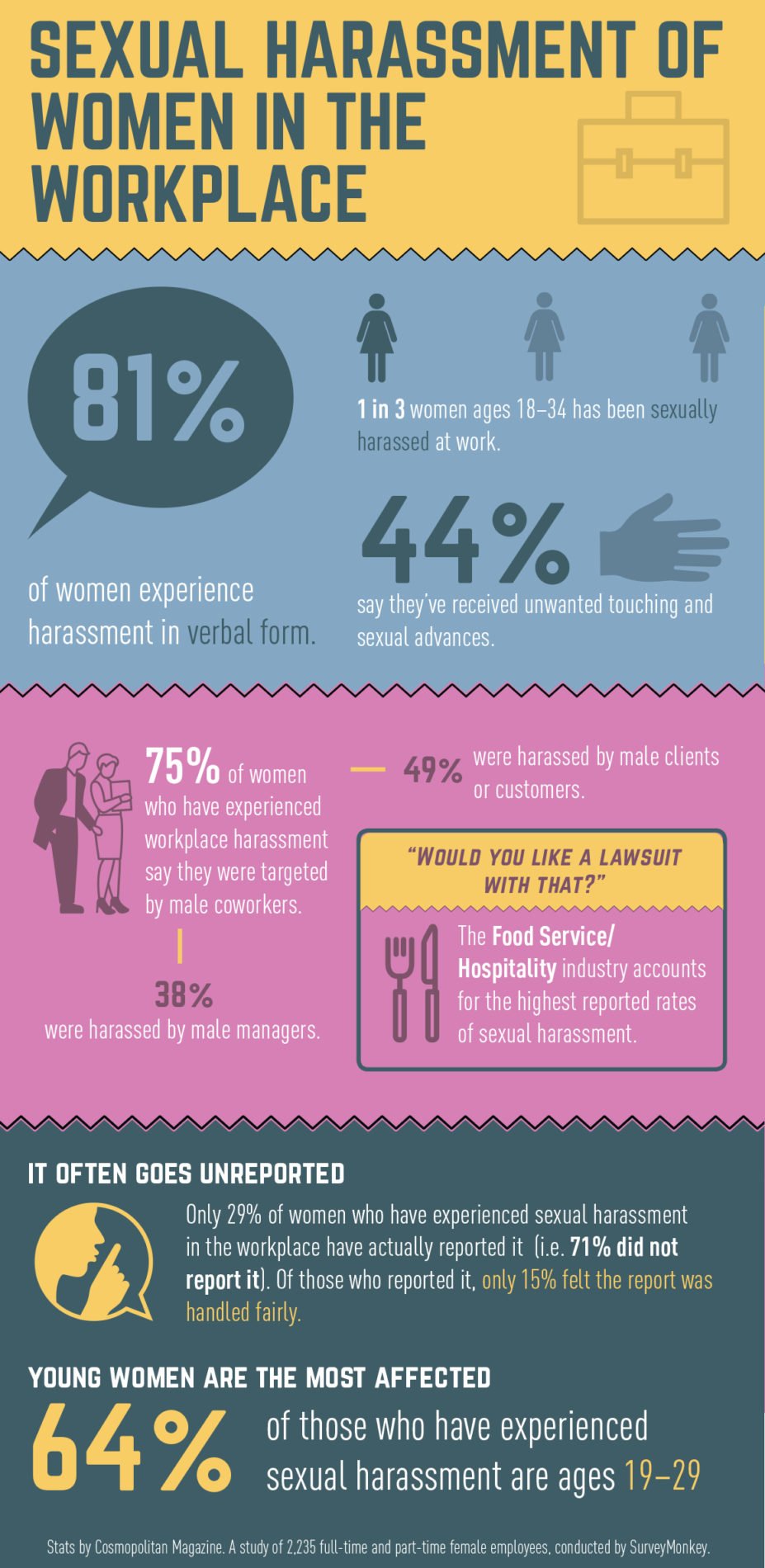Recently, the governor of California, Jerry Brown, signed a new bill into law, SB 1343. This law expands current sexual harassment prevention training requirements to cover non-supervisors as well as supervisors in the coming years.

Currently, California employers with at least 50 full-time, part-time, and temporary employees or independent contractors must provide two hours of sexual harassment prevention training to all supervisory employees once every two years. These employers must train those employees within six months of their taking a position as a supervisor.
However, the new expanded requirements of California SB 1343 must be implemented by January 1, 2020, meaning training must happen in 2019.
SB 1343 Requirements for Employers
Within six months of new employees assuming their position, employers must provide training:
- For at least two hours for all supervisors
- For at least one hour for all non-supervisory employees
This training must also be provided once every two years thereafter.
In addition, SB 1343 requires the California Department of Fair Employment and Housing (DFEH) to develop and make available training courses that comply with these requirements. The DFEH website will have compliant one-hour and two-hour trainings available for employers to use free of charge. These are expected to be uploaded by January 2019.
However, California employers can develop and use their own trainings so long as they meet the state’s requirements.
Another related bill that was also signed into law, SB 1300, authorizes, but does not require, California employers to provide bystander intervention training to its employees.
The following details were provided in a recent California Law Alert provided by AccuChex:
Seasonal and Temporary Employees
Beginning January 1, 2020, employers must provide training for seasonal and temporary employees, as well as any employee that is hired to work for less than six months, within 30 calendar days of hire or within their 100 hours worked, whichever comes first. Temporary services employers are responsible for training their employees.Content and Delivery
The training and education must include information and practical guidance regarding the applicable federal and state statutory provisions and the remedies available to victims of sexual harassment. It must also include practical examples aimed at instructing supervisors in the prevention of harassment, discrimination, and retaliation, and be presented by trainers or educators with knowledge and expertise in the prevention of harassment, discrimination, and retaliation.
The training may be completed by employees individually or as part of a group presentation. It may be completed in shorter segments or in conjunction with other training, so long as the applicable hourly total requirement is met.
The bottom line for California employers is that they must be clear that just having a policy or verbally forbidding harassing behavior is not sufficient compliance, especially if faced with a legal complaint.
Employers Are Liable for Sexual Harassment in the Workplace
There has been a great deal of recent publicity surrounding allegations of sexual assault and harassment and the subject has been covered extensively in the media. However, it is possible for managers and business owners to be ignorant of the harassment often occurring in their own organizations.
Unfortunately, the statistics reveal an disturbing picture.

[Graphic courtesy Promise Keepers Canada]
Employers are liable for the actions of their workers under the Fair Employment and Housing Act (FEHA), and they can be held accountable if they were aware of sexual harassment activities. It is important for employers to be aware harassment is a form of discrimination and is subject to lawsuits in the workplace.
In addition to compliant, written policies outlining the definition and examples of harassment, employers are required to provide regular training for managers and, now, all employees. This is an area where extra measures are a good legal strategy. Regardless of the labor laws, providing sexual harassment training for ALL employees is highly recommended by HR professionals.
Defining Sexual Harassment
Sexual harassment is a serious form of discrimination and the U.S. Equal Employment Opportunity Commission (EEOC) has an separate section to provide the legal definition of sexual harassment.
According to the EEOC, it is harassment comprised of:
...unwelcome sexual advances, requests for sexual favors, and other verbal or physical harassment of a sexual nature. Harassment does not have to be of a sexual nature, however, and can include offensive remarks about a person’s sex. For example, it is illegal to harass a woman by making offensive comments about women in general. Both victim and the harasser can be either a woman or a man, and the victim and harasser can be the same sex."
Simple teasing, offhand comments, isolated and non-serious incidents are not considered harassment. However, they do become illegal when they are:
"so frequent or severe that it creates a hostile or offensive work environment or when it results in an adverse employment decision (such as the victim being fired or demoted)."
Consequently, all employees and managers would be wise to simply avoid such actions.
HR Management Best Practices for California Labor Law
Outsourcing HR functions is an increasingly common strategy for small businesses and the advantages are worth asking about. In addition to reducing your in-house costs, increasing accuracy and security, you can also benefit by freeing your HR resources for improving operational functions, recruiting efforts, and training.
When it comes to payroll management, you have a number of options for your HR and payroll staff. Software that can be installed in-house, or cloud-based programs offer a good alternative. But if you really want to take full advantage of the benefits available to you, outsourcing to a provider like Accuchex can still be the best decision.
Reliability, full-service options, and reputation are the hallmarks of a quality HR management service provider. If you are currently looking to invest in outsourcing you get your Free Download: California Labor Law guide to help you make an informed decision or call Accuchex Payroll Management Services at 877-422-2824.





